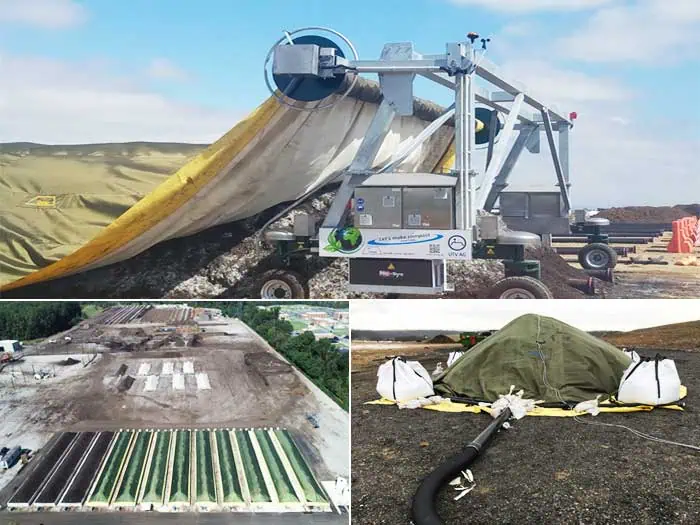


Municipalities, regions, and private companies are turning to organic composting to divert organic wastes from landfills and reuse them as feedstock for a high-quality compost by-product. While theoretically simple, there is a logical series of processes and parameters, some specific to each site, to reach the goals communities and solid waste management organizations hope to achieve.
Whether your community or region already has composting and is scaling to include food waste, or you want to establish a new composting facility or regional composting site, these free educational resources can help. The Southeastern Connecticut Regional Resources Recovery Authority’s proposed compost facility reflects a well-thought-out strategy that leverages circularity, advanced composting technologies, and engineering best practices to create a sustainable and economically viable operation.
SCRRRA’s Executive Director, David Aldridge, walks us through his proposed regional compost facility, which reflects a well-thought-out strategy that leverages advanced composting technologies and engineering practices to create a sustainable and economically viable operation. Greg McCarron, Professional Engineer, and Certified Compost Professional, discusses hybrid systems and incorporating rigorous process controls, resulting in a forward-thinking approach to composting at scale.
These free, non-commercial resources will help you appreciate and understand applying the science and practice of composting and what is critical to a successful site, design, permit, and manage composting programs that support circularity and operational efficiencies – creating value for all stakeholders.

Helpful Composting Program Resources: